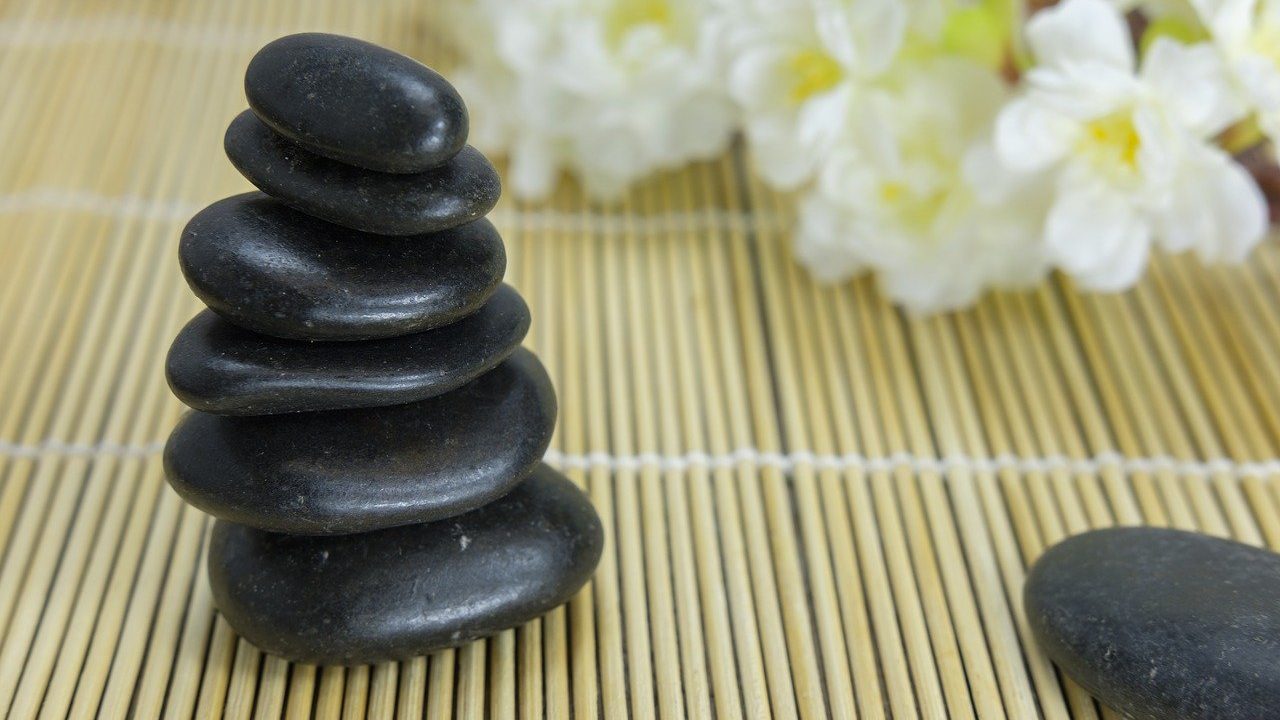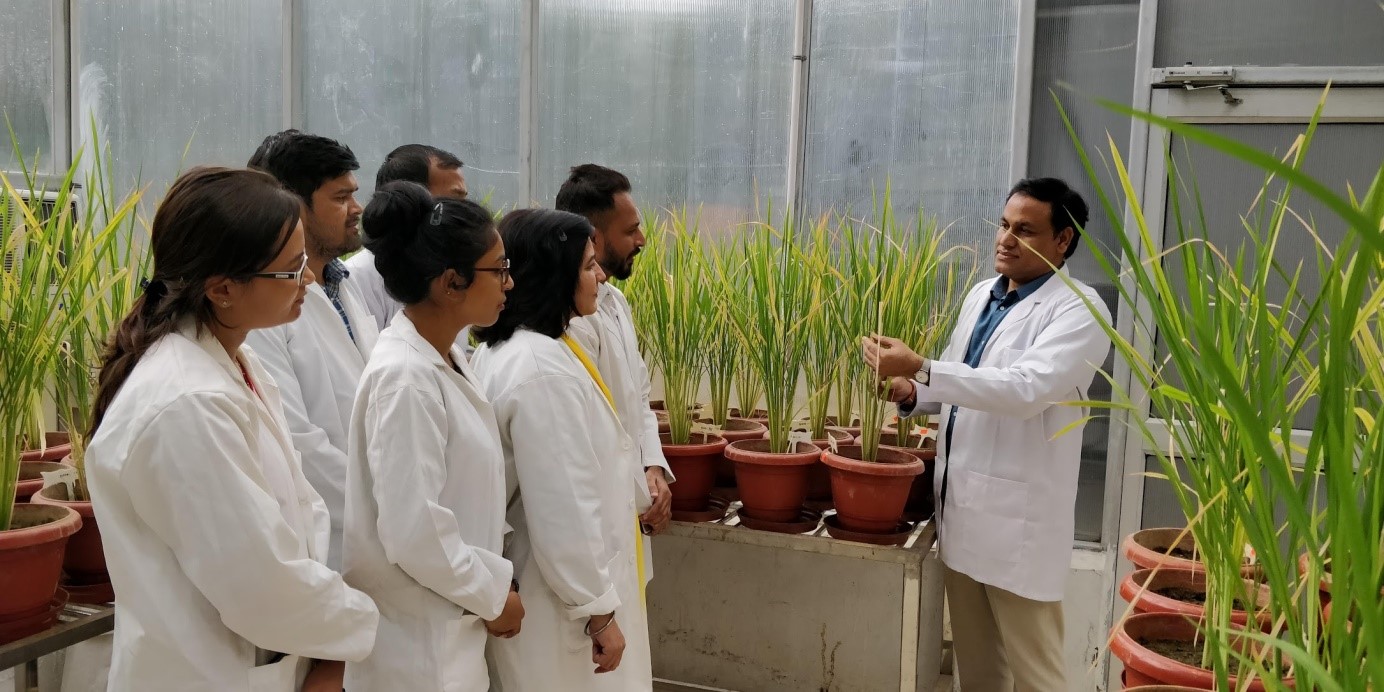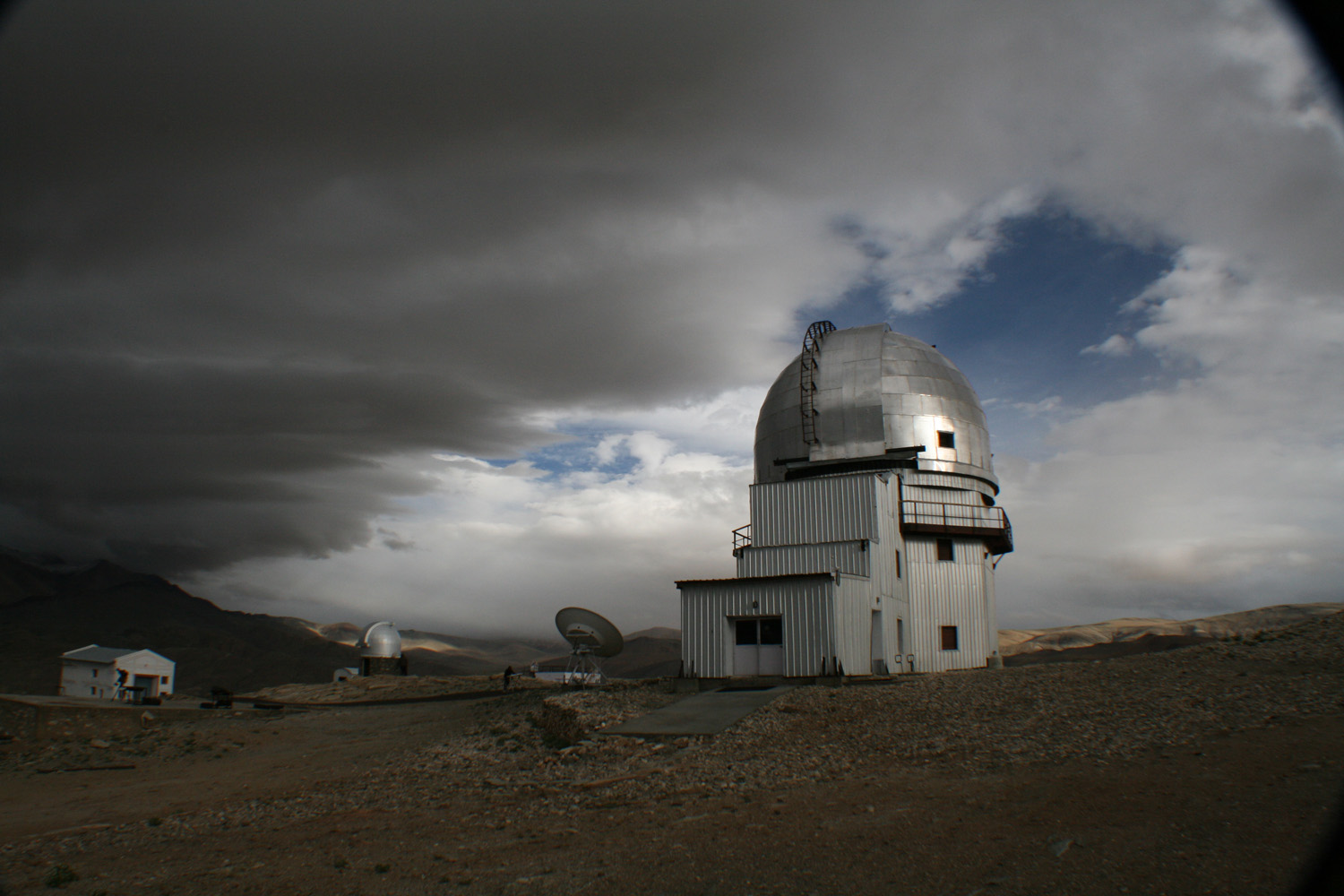
Researchers Bring Out Human Microbiome-Prakriti Correlation
- News
- 1.4K
The “Prakriti” in Ayurveda refers to the constitution of a person, which comprises Vata, pitta, and Kapha, and is a key determinant of how one individual is different from another. These can be broadly defined as the phenotypes that are determined on the basis of physical, and psychological and physiological traits, which are not associated with the social, dietary, ethnic or geographical background of an individual.
The human microbiome, which refers to the community of all the microorganisms present in and on the human body, has been the focus of investigations across the globe in recent times and is gaining increasing attention. This is so since the microbiome is found to play an important role in various aspects of human health.
The human microbiome is even considered to be the ‘latest discovered’ human organ. Interestingly, microbiome research corroborates the fundamental principles of Ayurveda of creating a healthy gut environment by maintaining a microbiome that is specific to each individual.
Researchers at the Pune-based National Centre for Cellular Sciences have carried out studies to understand the association between the human microbiome and Ayurveda’s `Prakriti’. A comprehensive microbial analysis of samples from the gut, oral cavity and skin of healthy individuals was carried out.
These studies have revealed the Prakriti-specific presence and relative abundance of certain signature bacteria in the human microbiome from these regions of the human body. These findings indicate that an assessment of the microbiome could potentially play a role in understanding and treating specific diseases with Ayurveda in the future, by providing valuable complementary and supportive information.
This research was a collaborative endeavor between NCCS researchers and teams from the Vadu Rural Health Program, KEM Hospital Research Centre, Pune, R. C. Patel ASC College, Shirpur, Dhule, and the Department of Microbiology, Government Institute of Science, Aurangabad. The findings were reported in the Journal of Biosciences recently. (ISW)
If you liked this article, then please subscribe to our YouTube Channel for the latest Science & Tech news. You can also find us on Twitter & Facebook.


